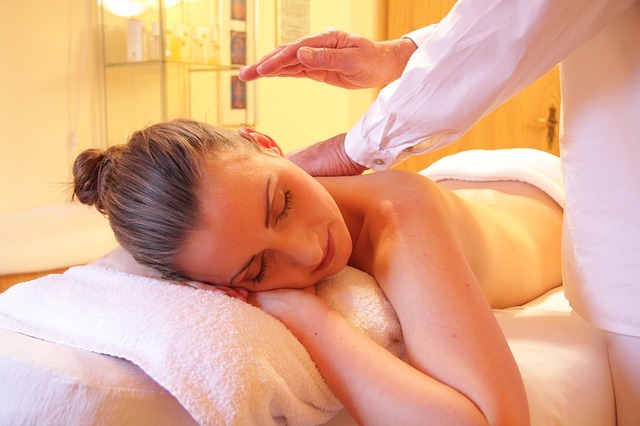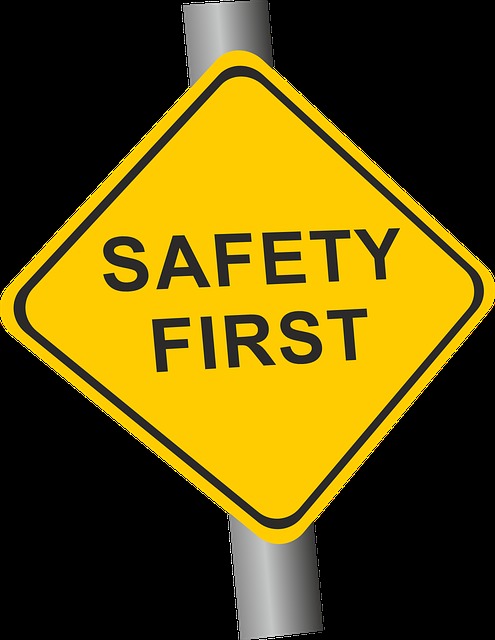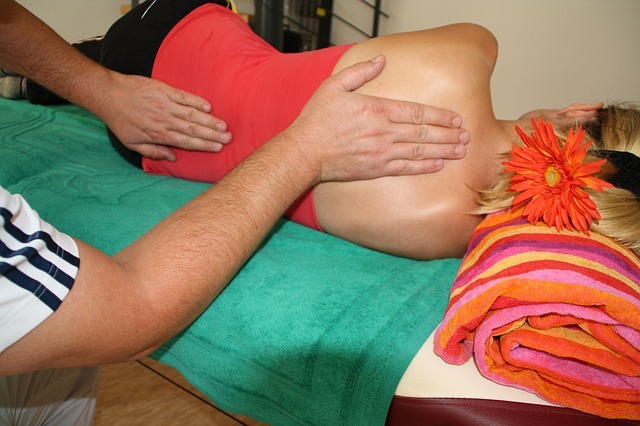State licenses may seem like an annoyance, but they are put in place to protect employers, businesses, and the public. As a massage therapist, you are required to have a license to work in most states. The Bureau of Labor Statistics cites that as of 2012, 44 states and the District of Columbia had regulations in place for massage therapy. Additionally, some local governments have regulations that you must meet to work in that city or county.

Most states regulate massage therapy, including requiring licenses
It is not just the individual massage therapist that needs some sort of license. Salons and parlors also need to have a state license to conduct business. However, there are still some parlors and salons that do not have the proper license. As a massage therapist, you do not want to put yourself at risk by working in one of the parlors, as it can end up hurting your career, or worse.
Safety Concerns
First and foremost, the reason for both personal and business license is to ensure the health and safety of employees and clients. Although massage therapy is a beneficial practice, it does have some inherent risk. Proper training mitigates most of this risk, which is why it is so important to undergo accredited training programs and adhere to all license and certification requirements of your state.

Working in an unlicensed parlor may mean that health and safety codes are violated
Additionally, there are hygiene and safety practices that need to be carried out to prevent the spread of disease and other problems. Working in an unlicensed parlor puts you and your clients at risk, because the parlor may not abide by the health and safety guidelines.
Legal Concerns
Most states require that to practice massage legally, both the therapist and the business much be licensed. If you are licensed but perform therapy at an unlicensed salon, you put yourself at risk of legal problems.
Additionally, a license can help protect you against unfounded lawsuits. In order to get most business insurances, which also protect employees and owners from certain liability lawsuits, you need to have a license and work in a licensed parlor. Additionally, a license protects you from lawsuits based on false accusations of improperly touching your clients. To obtain a salon license, the typical state guidelines include precise instruction in regards to the handling of inappropriate touching.
Reputation
Massage therapists have always had an association with prostitution and similar professions of ill repute. However, massage is a legitimate therapy of which many doctors and other medical professionals support.

A license protects your reputation as a valid, legitimate massage therapist
Over the years, workers have worked hard to build a reputable relationship for massage therapy. However, it is often unlicensed parlors that damage the reputation of legitimate massage parlors, according to an article in the Pekin Times. If you align yourself with an unlicensed parlor, then you put your own professional reputation at risk. This could mean that you end up with clients who expect more from you, or it could ruin your career, stopping you from being able to find the type of employment you want in the future.
Effect on Your Career
Working in an unlicensed parlor could hurt your career in more ways than just ruining your reputation. When you work in an unlicensed parlor, you are at risk of losing your job at any moment, as the state may shut down the parlor. Additionally, you may not make as much money as you would in a reputable, licensed establishment. You also could ruin your chances of finding employment in a better establishment, as your time in the unlicensed establishment could become a red flag on your resume.
How to Ensure Your Employer is Fully Licensed
The first thing you should ask a salon or parlor before working in it is to see their license. The look of the license will differ depending on the state, but it should be an official looking piece of paper. Typically, it is required to be prominently placed within the salon. If you are unsure if the license is legitimate, then contact your state’s licensing board to discuss the matter. They should have records in place if it is a legitimate license.
It is important to your own career to ensure that you work in a licensed and reputable salon or parlor. This will help you with your career longevity and ensure you maintain a solid reputation. Furthermore, you will be protected and so will your clients.
